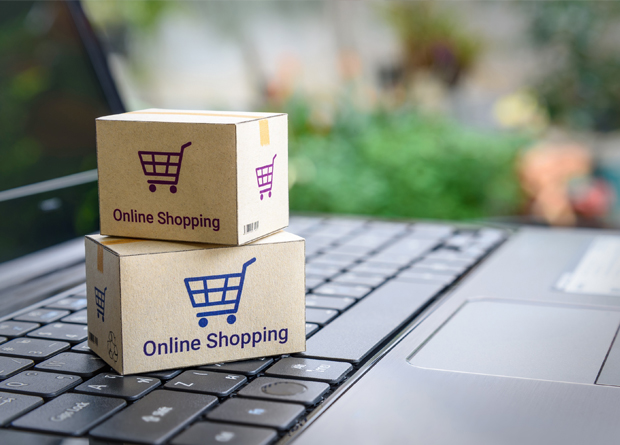While the holiday shopping season will be different in many ways due to the COVID-19 pandemic, sustainability is still top of mind for many global consumers. This is according to the latest findings of a global IBM Institute for Business Value study.
54% of global consumers surveyed reported they are willing to change their holiday purchasing habits to help reduce environmental impact. This perspective was even more prevalent in some countries around the world, notably India (74%), Mexico (74%) and Brazil (66%). That is only slightly fewer than the 57% who reported similarly in a January 2020 IBM/NRF study of almost 19,000 consumers.
Despite the disruption to many consumers’ budgets and employment caused by COVID-19, shoppers are looking for more than just a good deal. 44% of consumers surveyed reported they will be considering sustainability to a great extent when shopping or choosing a brand this year.
The study “Home for the Holidays” includes insights from more than 12,500 consumers in October across Brazil, Canada, Germany, India, Mexico, Spain, the United Kingdom and the United States. It revealed how consumer outlook and shopping, travel and vacation plans are shifting globally amid COVID-19.
“The research shows more consumers have started their holiday shopping earlier than in prior years, and many plan to shop online instead of in-store given rising cases of COVID-19. While last year 60% of shopping was done in-store and almost 30% online, this year those numbers may be nearly reversed,” said Jesus Mantas, senior managing partner, IBM Services. “Businesses should be prepared to provide a personalized digital-first platform to engage customers, and use technologies such as Cloud and Artificial Intelligence to help them handle fluctuations in demand, manage their supply chains in near real time, and create a better experience to serve holiday shoppers’ needs.”
Online shopping will continue to reign supreme
IBM’s latest holiday forecast is projecting a 1.8% increase in November-December retail sales compared to 2019. And IBV survey research suggests 2020 will be a digital-first shopping holiday season.
More than 60% of global consumers surveyed indicated that they plan to buy online, ship to home or other destinations, or buy online and pick-up in-store or curbside, with the highest growth in usage for buy online, ship to home or other destinations among Baby Boomers (ages 55-70+) — +116% compared to last year. According to the report, while 62% of consumers surveyed shopped in-store last year for the holidays, only 28% plan to do so this year.
When choosing gifts, consumers surveyed reported they are leaning towards products over experiences. Many survey respondents said they will spend more on digital/streaming entertainment (+39% over last year), furniture (+33% over last year), electronic goods (+13% over last year) and toys and games (+9% over last year).
Consumer concerns about the COVID-19 pandemic will impact travel and vacation plans
Concerns about the COVID-19 pandemic remain high, according to the study. In the US, 72% of consumers surveyed are concerned about a second wave of COVID-19 in 2020 (65% in September), and 74% say the COVID-19 pandemic has made them more concerned about the health and safety of their family (67% in September).
With these concerns top of mind, many consumers report changes to their typical travel and time off plans this holiday season.
- Over half of consumers surveyed who usually travel during the holidays say they plan to travel less this season, and 22% surveyed are still undecided about their plans
- 67% of consumers surveyed who will travel indicate they will use a personal car or rental car as their primary method of transportation.
- Surveyed employees report they have taken slightly more days off this year than they did by this time last year, and indicated COVID-19 was a major reason for taking time off this year, including caring for family and self.
- Globally, a third of employees surveyed reported they face work constraints that limit their ability to take their remaining paid time off this year – either too much work or schedule restrictions at work – indicating employers could play a role in easing employee burnout.
The IBV has conducted ongoing research surveying more than 80,000 global consumers since April about how COVID-19 has impacted their outlook and preferences.



















































































































